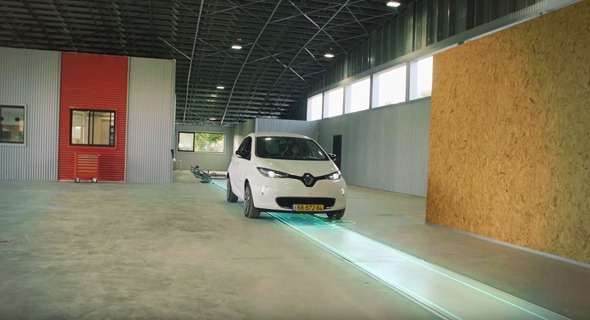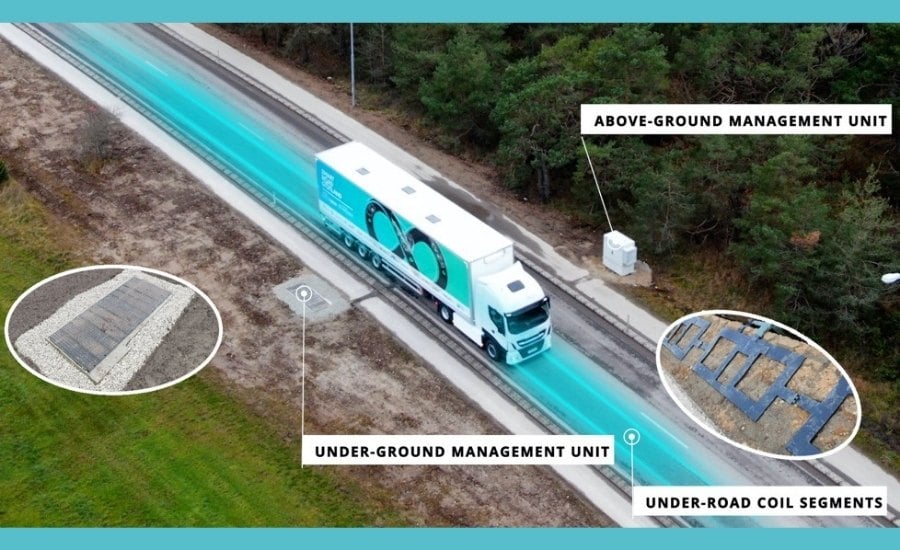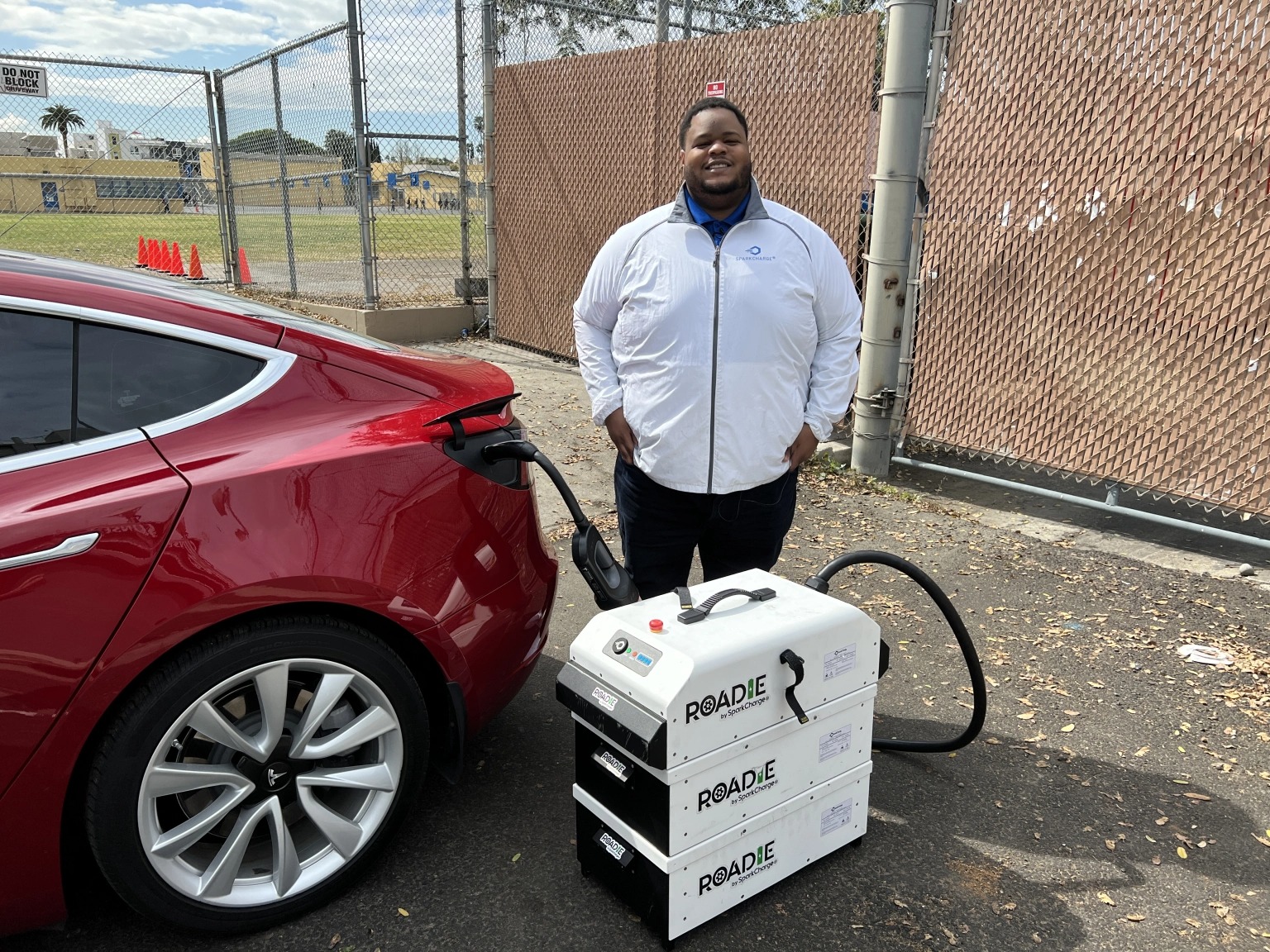
Electric vehicle (EV) sales have sharply escalated over the past three years. However, their overall global market share remains extremely low. It ranges from about 16 percent in China to just 4.5 percent in the US. One of the biggest hurdles to widespread EV car adoption is the fear of running out of charge while on the road. Israeli startup Electreon hopes to eliminate "range anxiety" by transforming highways into Electric Road Systems (ERS) that wirelessly charge vehicles as they drive.
Electreon's proprietary copper coils, embedded inside the pavement, wirelessly transmit energy from the electric grid to a receiver under the vehicle. The battery gets charged whenever an EV drives or stops on the road. For all other vehicles, it serves as a regular road. The company asserts that dozens of cars can be charged simultaneously without putting additional pressure on the electricity grid.

After successful tests in Israel, Sweden, Italy, and Germany, the ERS is now coming to the US. Fittingly, the first electric road will be built in Detroit, Michigan — the birthplace of the modern automobile. The pilot program, spearheaded by the Michigan Department of Transportation, will entail retrofitting a one-mile-long stretch of pavement in Corktown — Detroit's oldest neighborhood — by 2023.
Electreon maintains that widespread implementation of its easy-to-install technology would eliminate "range anxiety" and help drive EV sales. It would also allow for smaller batteries and make EVs more affordable.

But not everyone is convinced that the ERS is feasible on a large scale. For the technology to work, all EVs would have to be equipped with a charging pad, which currently costs about $4,000. The bigger hurdle, however, is the cost of retrofitting pavements. The one-mile-long pilot project in Detroit will cost Michigan a steep $1.9 million, with Electreon contributing the rest.
Sam Abuelsamid, a principal research analyst for Guidehouse Insights, says, "Building this stuff into roadways will add a substantial amount of cost to road infrastructure. We have a hard enough time just paying for normal pavement." The expert also points out that only 90% of the energy produced through the wireless charging is transferred to the battery, compared to the 96% transmitted when using a cable.
Massachusetts-based startup SparkCharge is taking a different approach to solving "range anxiety." The company has built portable EV chargers that fit inside the car's trunk and provide a full charge when needed. Hopefully, the various solutions will encourage more people to switch to clean-energy vehicles.
Resources: Dallasfed.org, michigancentral.com, cbsnews.com, businessinsider.com, axios.com
